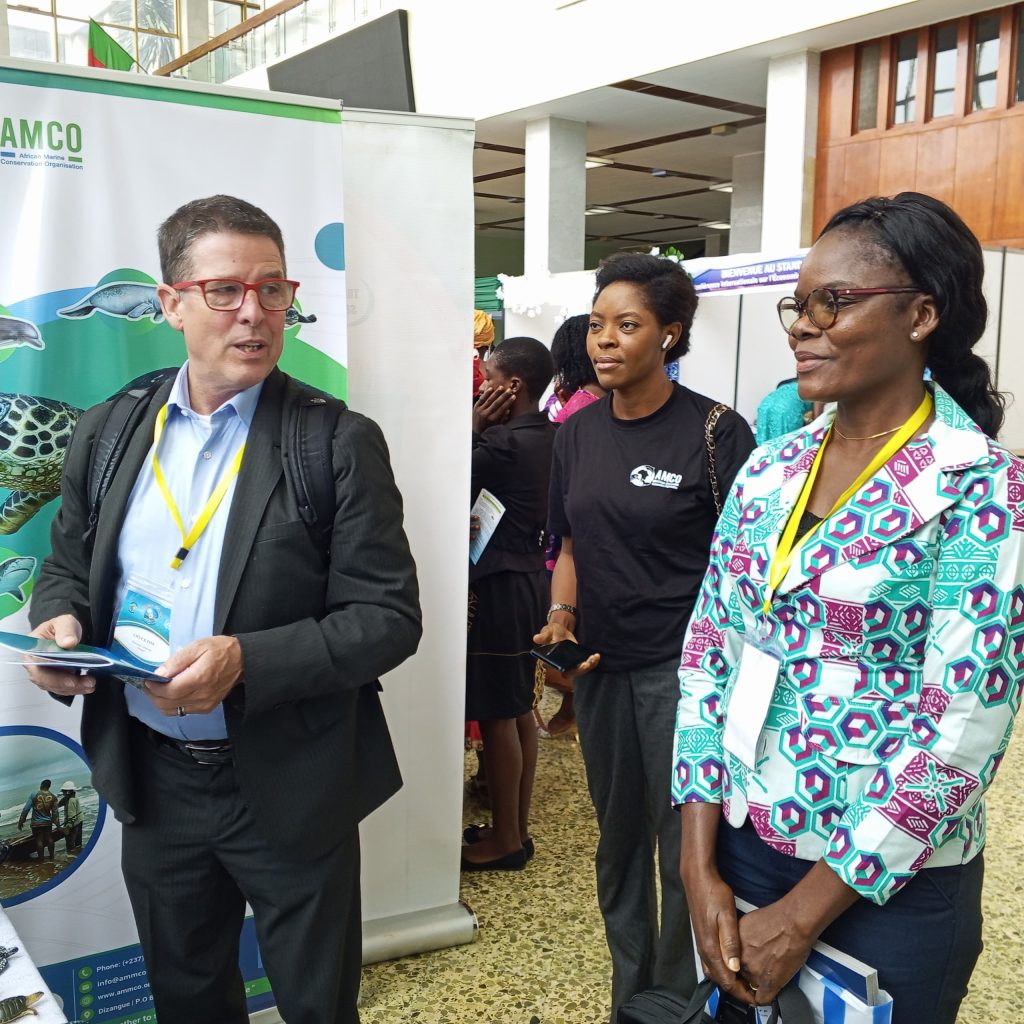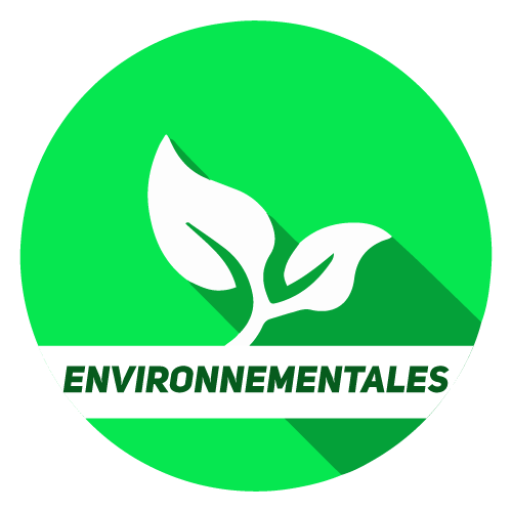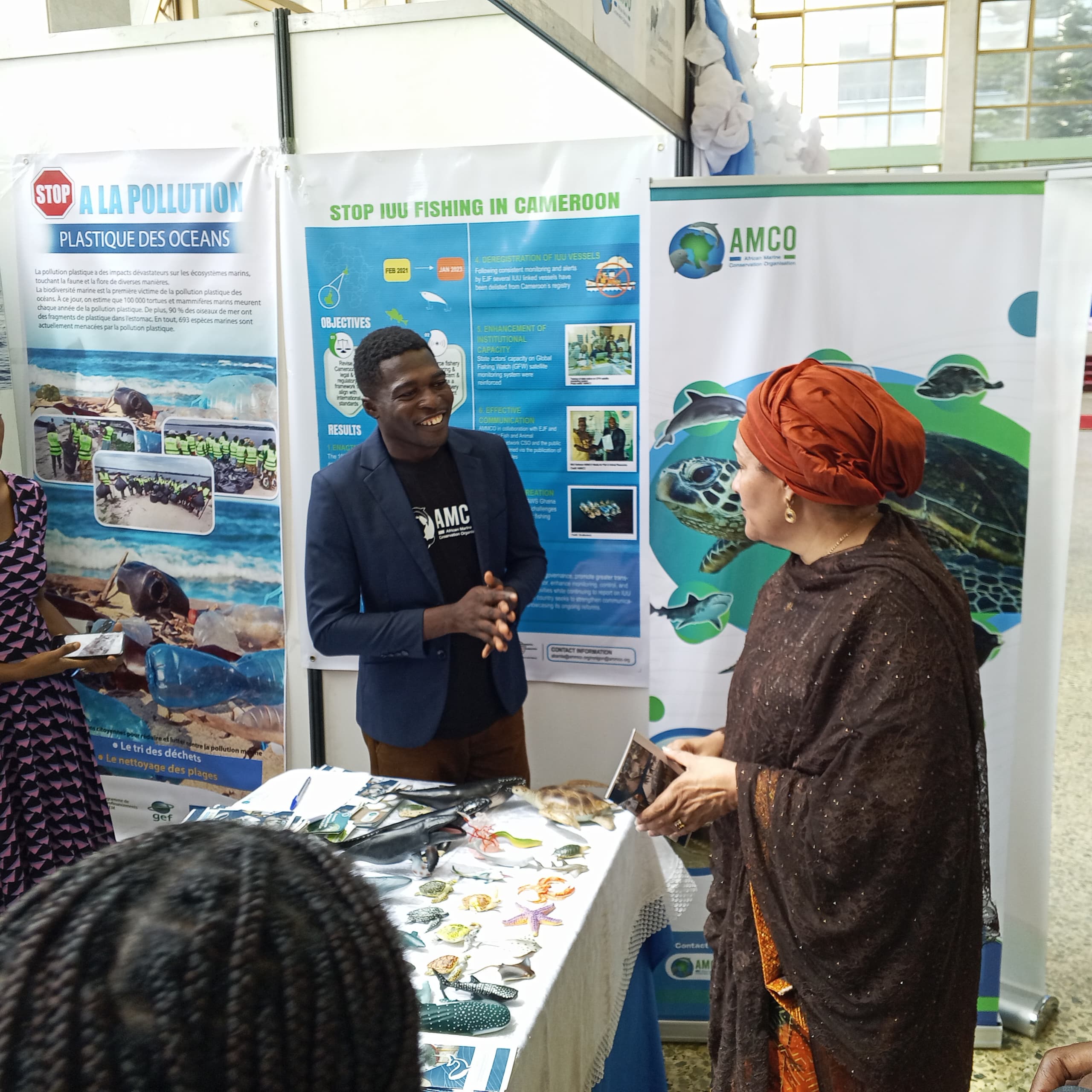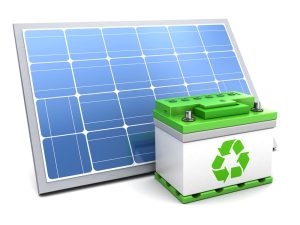In July 2025, the city of Yaounde, Cameroon, welcomed key stakeholders from the Gulf of Guinea and beyond to discuss pressing maritime challenges of the region for advancing regional cooperation and transparent governance for a sustainable Blue Economy.
The primary objective was to develop a comprehensive and sustainable plan for the growth of the blue economy, with a strong emphasis on cross-sector collaboration. Discussions focused on strategic areas such as resource management, maritime security, sustainable fisheries, and coastal community development.
Key issues addressed included sustainable fisheries management, coastal livelihoods, maritime safety and security, marine conservation, climate resilience, as well as financing, innovation, and partnerships—all essential to building a resilient and inclusive blue economy.
“We gather at a moment of both urgency and opportunity. The ocean, our planet’s blue heart, is under threat. But it is also a source of solutions and the attainment of our Global Goals”, Amina Jane Mohammed, UN Deputy Secretary General, stated.
A key outcome of the conference was the adoption of the Yaounde Declaration, a landmark agreement outlining key strategies for advancing the blue economy in the region.
The declaration serves as a roadmap for coordinated actions, policy alignment, and investment in sustainable maritime initiatives. By fostering regional cooperation and aligning efforts with global sustainability goals, the Yaounde Declaration marks a significant step forward in harnessing the Gulf of Guinea’s maritime potential while preserving its ecological integrity for future generations.

The Yaounde Declaration was formally adopted by eight countries – Angola, Benin, Cameroon, the Republic of Congo, Côte d’Ivoire, Equatorial Guinea, Liberia and Nigeria, portraying a collective commitment to strengthen regional cooperation and data sharing.
For a secure and prosperous blue economy, the countries pledged to sustainably manage 100% of the ocean areas under their national jurisdiction by 2030. It aligns with the African Union’s Agenda 2063, the African Integrated Maritime Strategy 2050 and the African Union blue economy strategy.
The establishment of a regional task force was proposed to track progress of the declaration, coordinate implementation efforts, identify opportunities for capacity building, technical assistance and knowledge exchange.
The Yaounde Declaration at a glance
The countries committed to develop and implement sustainable ocean management plans in alignment with the National Biodiversity Strategy and Action Plan, combat IUU fishing by strengthening monitoring, enforcement and data sharing. Support for the Yaounde Architecture to address piracy and other criminal activities was reaffirmed.
A commitment to support the Global Charter for Fisheries Transparency was made by implementing digital vessel registries, publishing data on licenses and quotas, promoting traceability across all fleets, enhancing regional data sharing, and publishing vessel ownership information. Countries also called for increased sustainable finance, regional investment platforms for the implementation of strategies for gender equity, youth, indigenous people and local communities.
In the area of capacity building and leadership, countries committed to supporting the creation of a Regional Centre of Excellence in Yaounde for training, dialogue and innovation on the sustainable blue economy. The countries equally committed to enhancing ocean observation systems and open access data to inform on marine planning, early warning and enforcement.
By convening diverse voices across sectors, the conference addressed the urgent need for shared responsibility and innovative approaches to sustainably managing marine resources.
AMCO at the Conference
The conference provided a valuable opportunity for grassroots organisations like AMCO to build partnerships that will be key to implementing the declaration’s commitments in the years ahead.
AMCO showcased key initiatives such as the fight against illegal, unreported, and unregulated (IUU) fishing, through its Stop IUU Fishing Project, and the documentation of marine species via the SIREN App in collaboration with local communities. Additionally, the annual “Street Whale” event, which brings together stakeholders to discuss blue economy strategies, was presented.
“AMCO is a committed civil society organisation which plays a crucial role in promoting research and advocating for the blue economy”, Cedrick Fogwan, Programme Manager at AMCO, said.
AMCO’s activities span diving, scientific research, community education, and policy advocacy. Its involvement demonstrates the critical role civil society organisations play in advancing sustainable ocean governance and conservation. “AMCO’s goal is to contribute meaningfully to sustainable marine resource management”, Cedrick added.
MBOTIJI Noella & Enanga Priscillia



